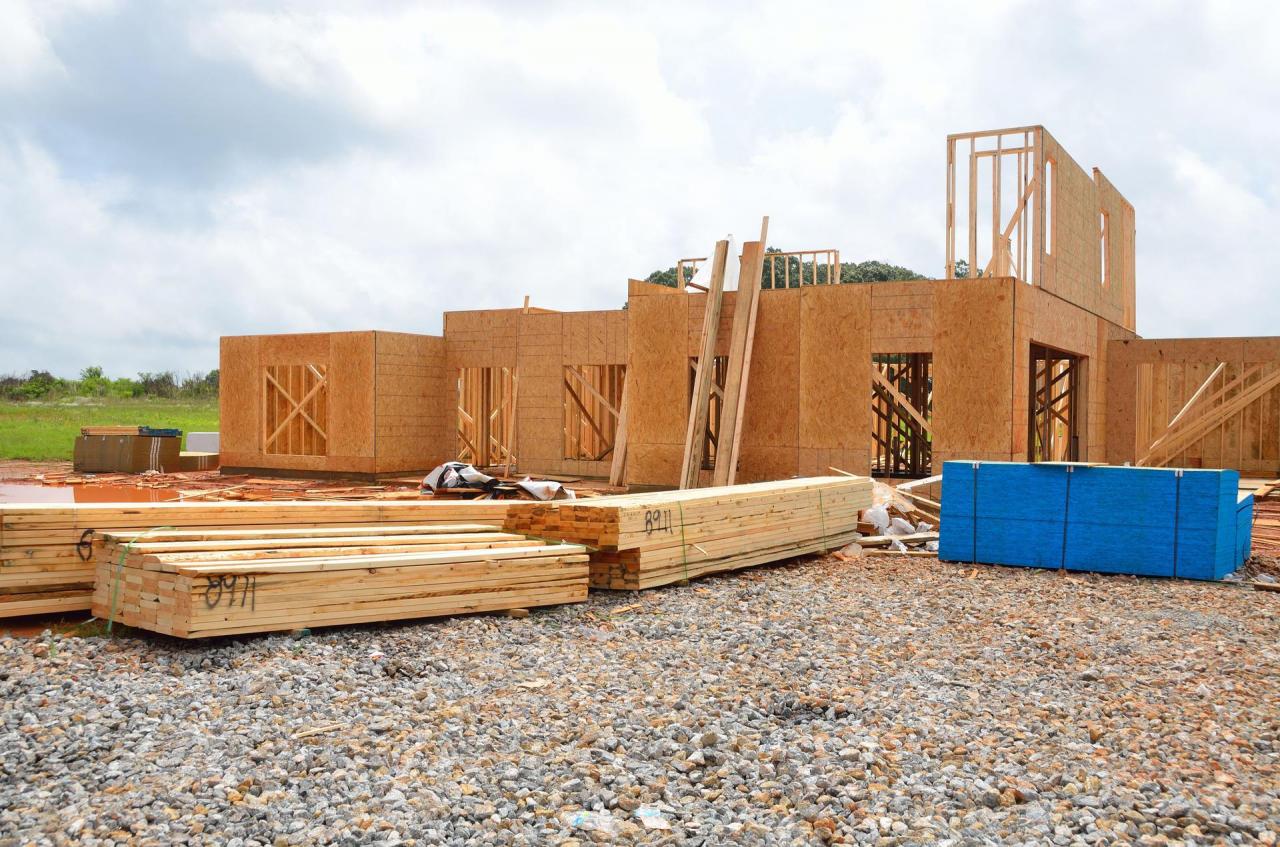
Affordable Homes, Good Jobs Act Introduced and Housing Affordability Task Force Recommendations Response
Bill 34, Affordable Homes, Good Jobs Act Introduced
On September 28, the Minister of Municipal Affairs and Housing introduced new legislation today that, if enacted, would incorporate an income component into the definition of affordable housing for the purposes of exemptions from development charges. Consistent with the approach advocated by AMO, the definition is based on the standard of housing costing no more than 30 percent of household income. Precise details are still required as part of the Minister’s Affordable Housing Bulletin to enable implementation. AMO will continue to highlight for the government the importance of issuing this bulletin as soon as possible to enable municipalities to understand implications for budgets.
The bill, if enacted, would also support St. Thomas to provide municipal incentives as part of the building of an electric vehicle battery manufacturing plant; would streamline Ontario Land Tribunal (OLT) decisions through regulatory change; and provide municipalities with the option of accessing Vendors of Records under Supply Chain Ontario. AMO plans to work with its Land Use Planning and Resources Task Force to make a submission to the government as part of the OLT regulatory consultation.
Housing Affordability Task Force Recommendations Response
At its meeting on September 29th, the AMO Board considered the recent request made by Minister Calandra to mayors across Ontario regarding their views on the recommendations of the Housing Affordability Task Force. The Minister has requested that all heads of council respond to the request by October 16th or risk financial penalties for their municipality. AMO had previously requested that the ministry extend the deadline to allow mayors to consult with councils, however the request was not granted. AMO urges all members who received a letter from the Minister – including those without provincial housing targets – to meet this deadline to remain eligible for investments under the Building Faster Fund.
To support members as consider their response, the AMO Board sent a letter to Minister Calandra and stated that the letter would be shared with all municipal governments. While mayors will each make individual decisions that reflect local circumstances, AMO states that at a sector-level, municipalities conditionally support all Task Force recommendations with a few exceptions, provided that the government puts in place:
- A fair and sustainable funding framework to support infrastructure and growth, that is not unduly subsidized by existing property taxpayers;
- A comprehensive, sequenced implementation plan that gives both developers and municipalities certainty regarding costs and rules to support effective long-term decision-making;
- An accountability framework that accurately recognizes the roles and responsibilities of different housing partners and does not hold municipalities accountable for the actions of developers or provincial ministries. Mechanisms must be included to ensure that public investments are tied to outcomes in the public interest;
- A core focus on non-market housing, which was not within the mandate of the Housing Affordability Task Force. A robust non-market housing sector is a critical part of a well-functioning overall housing system and needs to be prioritized by governments.
- A public policy review by the Ontario Public Service verifying that each recommendation is feasible, likely to result in increased housing supply and/or affordability and is in the public interest.
The letter identifies top recommendations from the Task Force for prioritization, as well as three recommendations that AMO objects to on principle.
AMO has previously stated that the government has chosen its own path in addressing the housing crisis in Ontario, despite the advice of municipalities, and will be accountable for its outcomes. AMO has also stated that municipalities will do everything within their power to help the province to achieve its housing targets and outcomes. The AMO Board believes that the response outlined in the letter is reflective of this approach.


